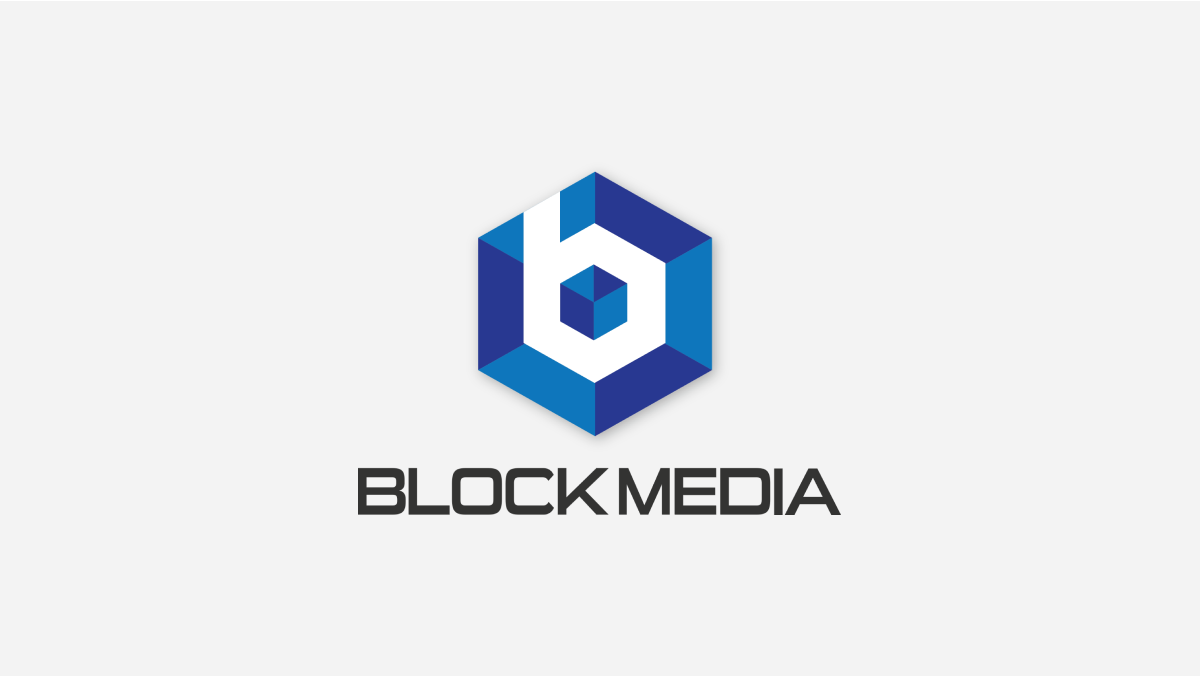South Korean companies such as Nexen, Kakao, Ticket Monster, and Naver have been adopting third-generation blockchain technologies, which are faster in transaction speeds and cheaper in fees.
They are bypassing the first-generation blockchain Bitcoin and the second-generation blockchain Ethereum to adopt such third-generation blockchain platforms as Orbs, EOS, ICON, and Hederah Hashgraph.
Korea’s No.1 messenger service company Kakao’s blockchain subsidiary Ground X has signed a technology partnership agreement with Orbs. Orbs is expected to ink a deal with South Korea’s e-commerce startup Ticket Monster. Orbs is a public blockchain infrastructure for established consumer applications. Orbs is likely to be the most attractive blockchain platform in payment settlement. Other South Korean big companies have also shown a keen interest in Orbs as they are quite sensitive to security and speed.
Orbs is a blockchain platform which supplements shortcomings of the first-and second-generation Bitcoin and Ethereum. According to its position paper, “Orbs is a public blockchain acting as the production layer to complement Ethereum. Adopting Orbs alongside Ethereum allows dApps to enjoy the best of both chains, unmatched security, liquidity, and ecosystem integration, together with low-fees, production-ready scalability and a suitable fee structure.” “The combination of Ethereum and Orbs is the optimal solution for applications with millions of users looking to adopt blockchain today.”
South Korea’s online gaming company Nexen is partnering with EOS, which may help consumers remove transaction fees completely as service providers will shoulder transaction fees. EOS seeks to become a decentralized operating system which can support industrial-scale decentralized applications.
Korea’s No.1 Internet portal Naver has adopted the third-generation blockchain technology ICON in its Japan’s Link Chain. ICON is a South Korean blockchain developer. It also developed cryptocurrency token ICX. The company said it dreams of becoming an “interconnected blockchain network, enabling participants in a decentralized system to converge at a central point. This convergence would become possible by connecting a community to other communities through the ICON Republic and Citizen Nodes.”
Another third-generation blockchain platform Hedera Hashgraph is challenging the existing blockchain platforms. In its introduction, it said it is ideally suited to become the world’s first mass-adopted public distributed ledger; It claims that the current blockchain platforms have five fundamental obstacles, including performance, security, stability, governance, and regulatory compliance.




